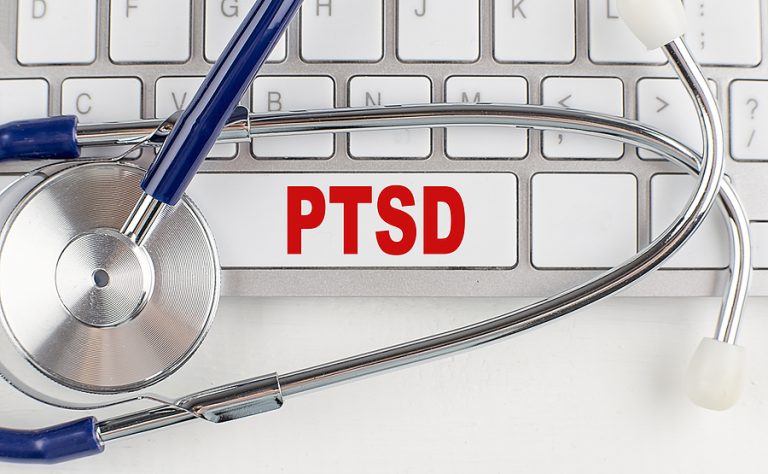The Symptoms of PTSD Following a Car Accident
 Michael Babboni
Personal Injury
Emotions are high after an auto accident, especially as the victims recover from extensive injuries and financial loss and damages.
Michael Babboni
Personal Injury
Emotions are high after an auto accident, especially as the victims recover from extensive injuries and financial loss and damages.While many injuries are spotted immediately, others may not be as obvious. A car accident, in addition to physical injury, can also cause psychological trauma for the victim, including post-traumatic stress disorder (PTSD).
What Is the Leading Cause of PTSD?
The American Psychological Association once reported that car accidents were the leading cause of PTSD in the United States. It is known as Motor Vehicle Accident Related PTSD or Motor Vehicle Collision Related PTSD.
PTSD was once considered a controversial diagnosis in the 1970s, as some looked at it as a weakness. However, after much research, we now know that it can result from an outside trigger or event caused by suffering and trauma.
The DSM-5
The Diagnostic and Statistical Manual (DSM-5) was published by the American Psychiatric Association and is used by many mental health professionals to diagnose and refer treatment for individuals with post-traumatic stress disorder.
PTSD is not considered an anxiety disorder anymore but is now seen as a disorder related to stress or trauma that has been triggered by death, the threat of death, or serious injury.
Symptoms of PTSD
If you were recently involved in a car accident and sustained serious injuries, you may also exhibit some of the signs and symptoms of PTSD. It can be classified under four categories: reliving the event, avoiding situations that remind you of the event, negative change in feelings, and hyperarousal.
Under each of these four categories, the DSM-5 also provides symptoms one may experience. Here are some of the more common signs and symptoms of PTSD, in no particular order.
• Regular upset thoughts or memories about the event
• Recurrent nightmares
• Flashbacks
• Feelings of distress
• Increased heart rate and sweating
• Avoiding conversations about the traumatic event
• Avoiding places that remind you of the traumatic event
• Difficulty sleeping or staying asleep
• Irritable with angry outbursts
• Difficulty concentrating
• Always on guard
• Jumpy and easily startled
• Poor memory of the event
• A loss of interest in activities
• Distancing yourself from others
• Feeling as though life has been cut short
Treatment for PTSD
If you are experiencing some or many of the signs and symptoms above following your car accident, you may be experiencing PTSD. If this is the case, treatment is available, and the expenses may fall within your personal injury settlement.
Treatment is based on the individual’s needs but is typically recommended as a part of their treatment plan following the accident if they suffer from MVA-PTSD. Treatments available may include:
• Counseling: The accident victim should work with their healthcare provider to learn how their symptoms can be triggered in the future and what they can do to lessen these triggers.
• Discussions: Talking about the traumatic event with a professional allows the victim to regain some kind of control over what happened.
• Education: The victim, along with loved ones, can benefit from education regarding this form of PTSD. It can be stressful for everyone involved.
• Long-Term Recovery: Since this diagnosis can prove complicated in many cases, some signs and symptoms of the condition might appear much later than expected. So, the treatment plan for the victim may need to be extended long-term.
• Medication: Along with counseling and a strong support system, the victim may also be prescribed medication to help treat anxiety and other symptoms relating to their PTSD diagnosis after the car accident.
If you were involved in a car accident and are experiencing PTSD, then consult with an experienced personal injury attorney to file your claim and receive compensation for your ongoing treatment and recovery.
